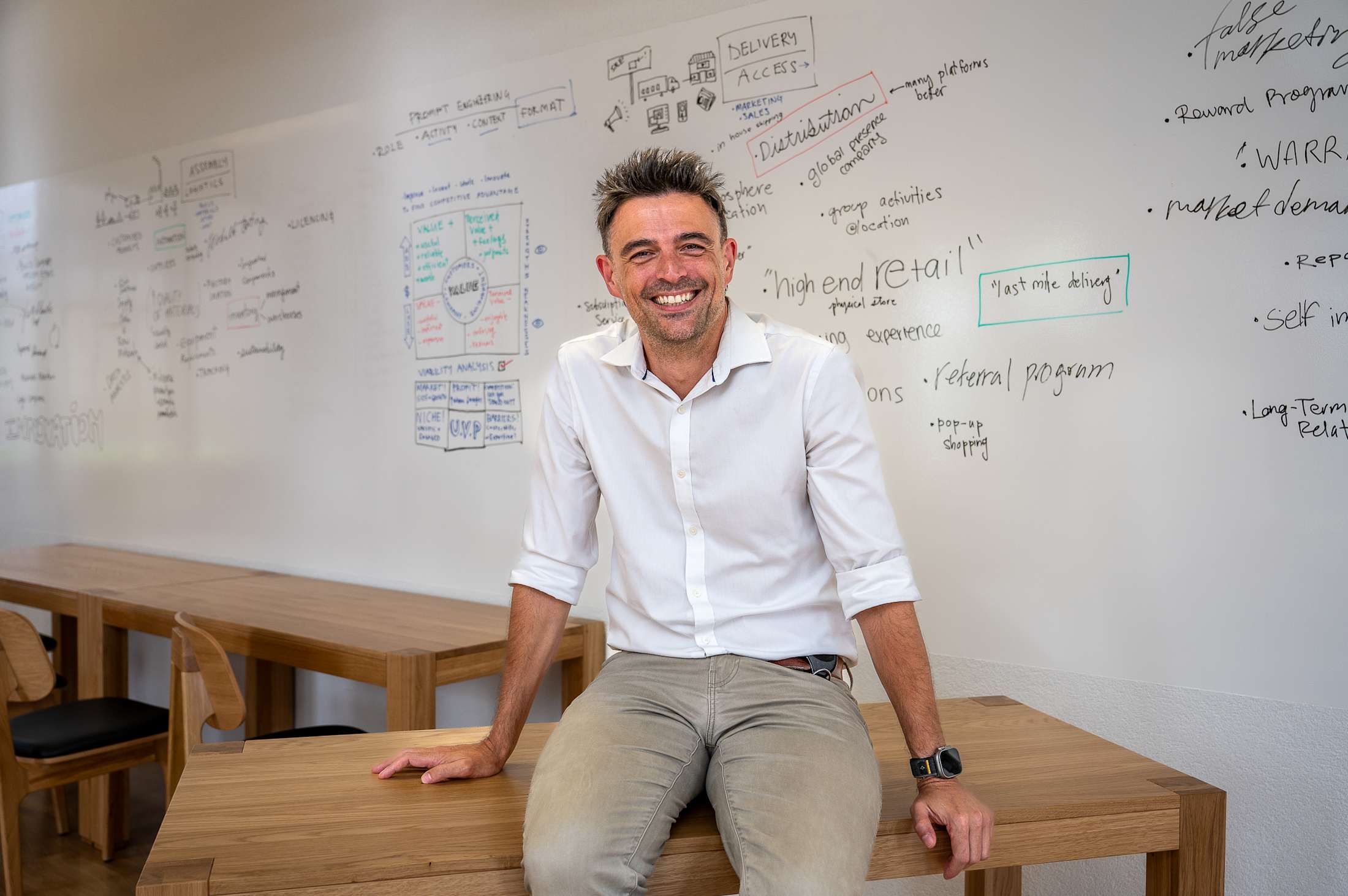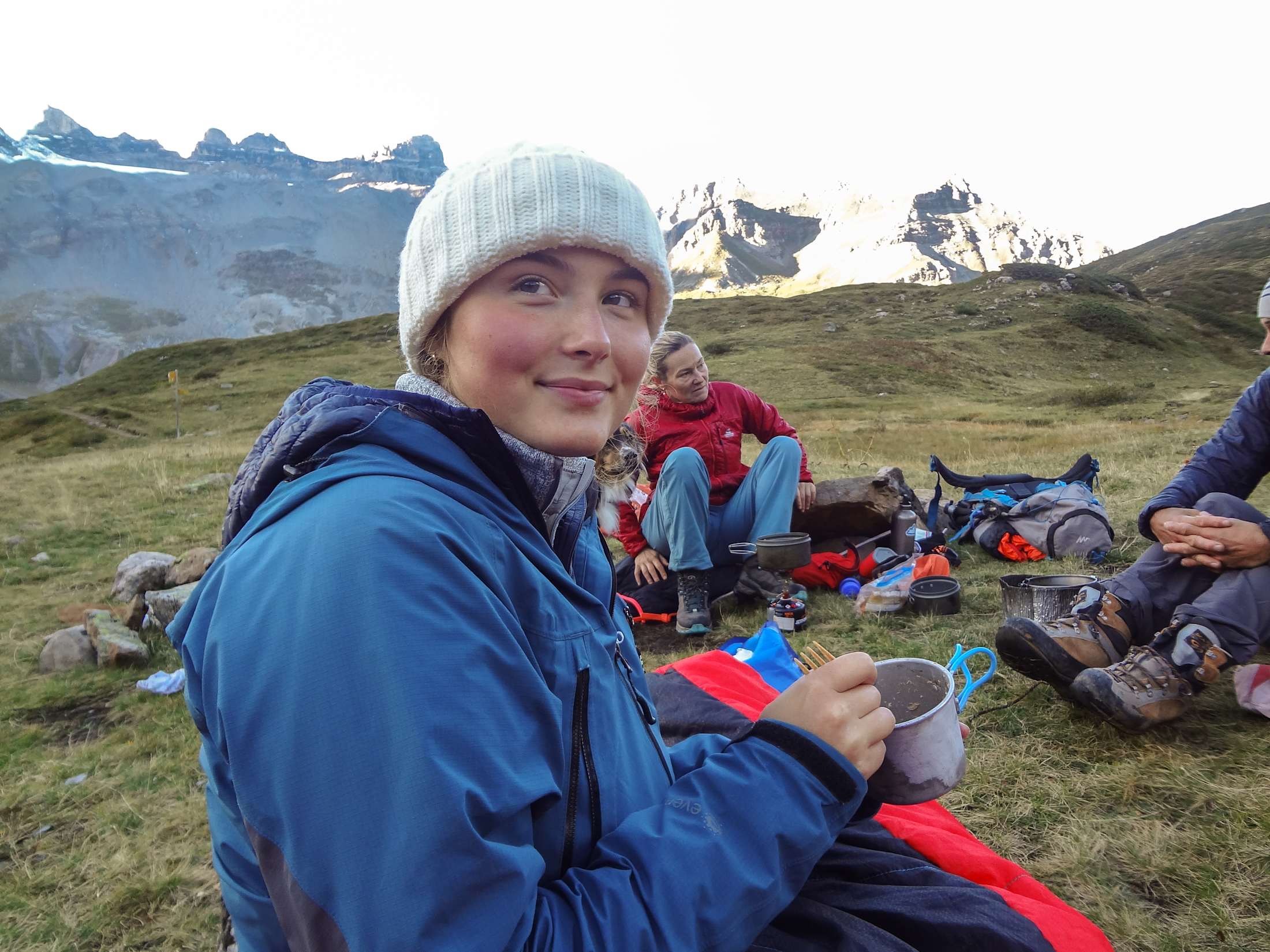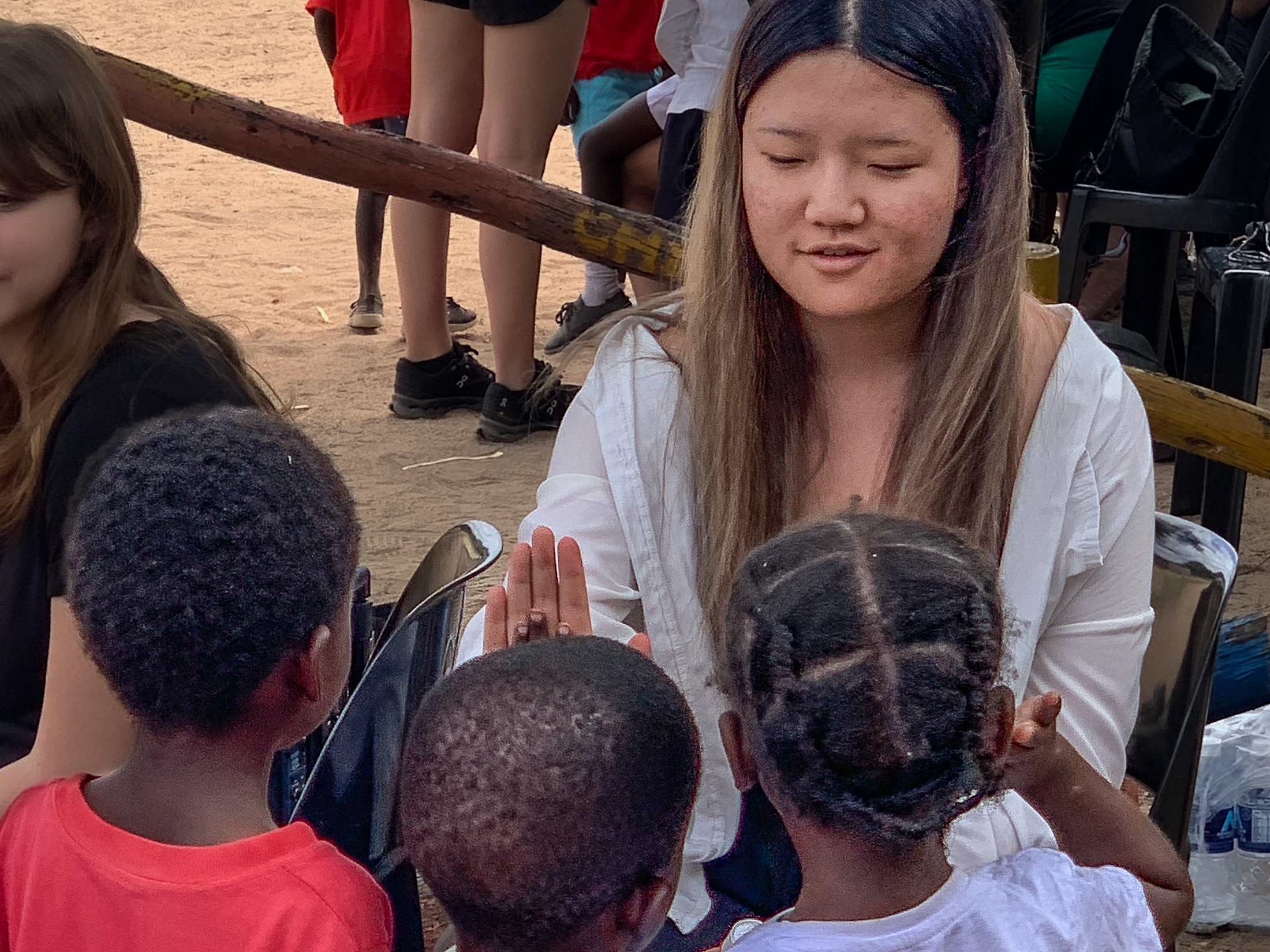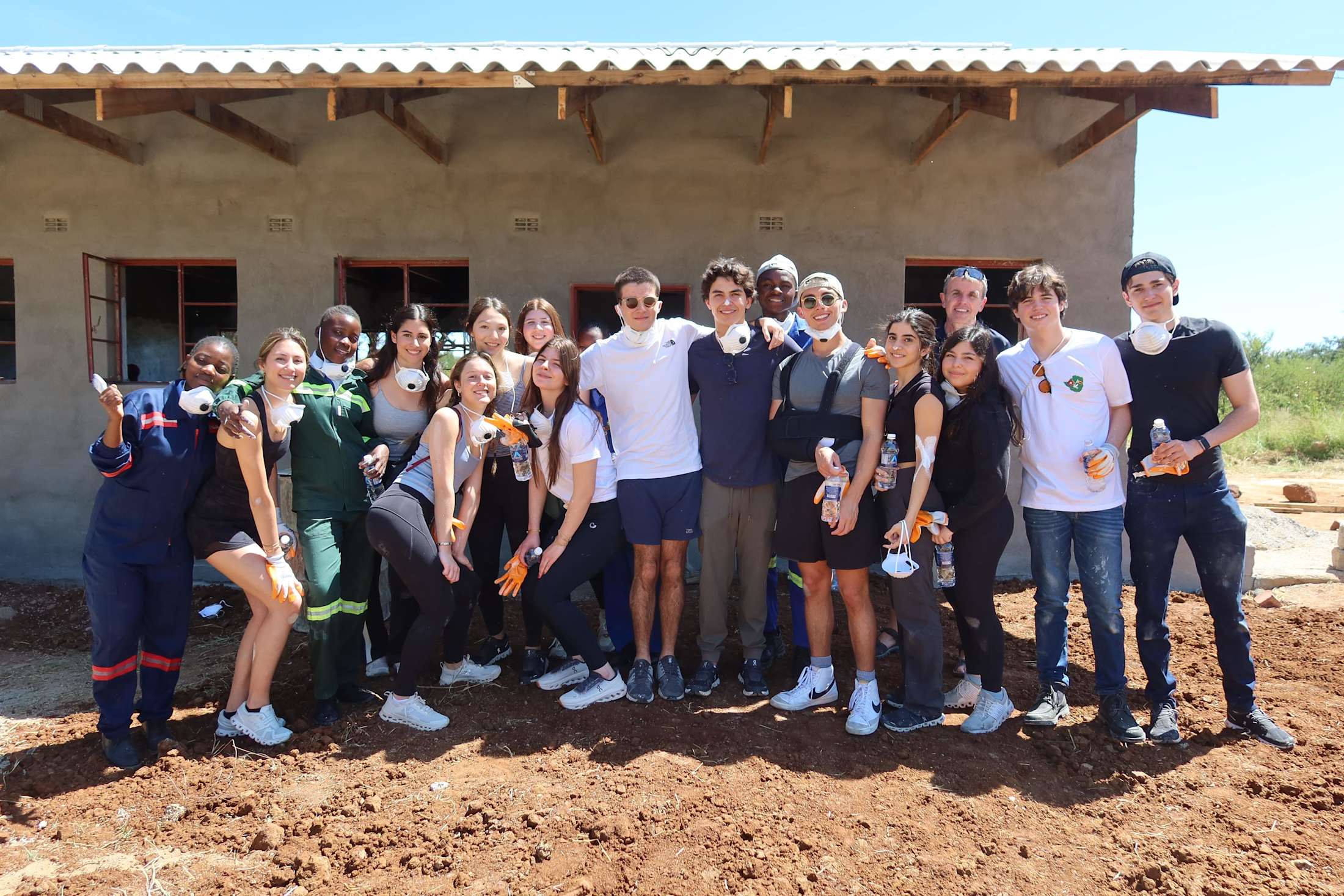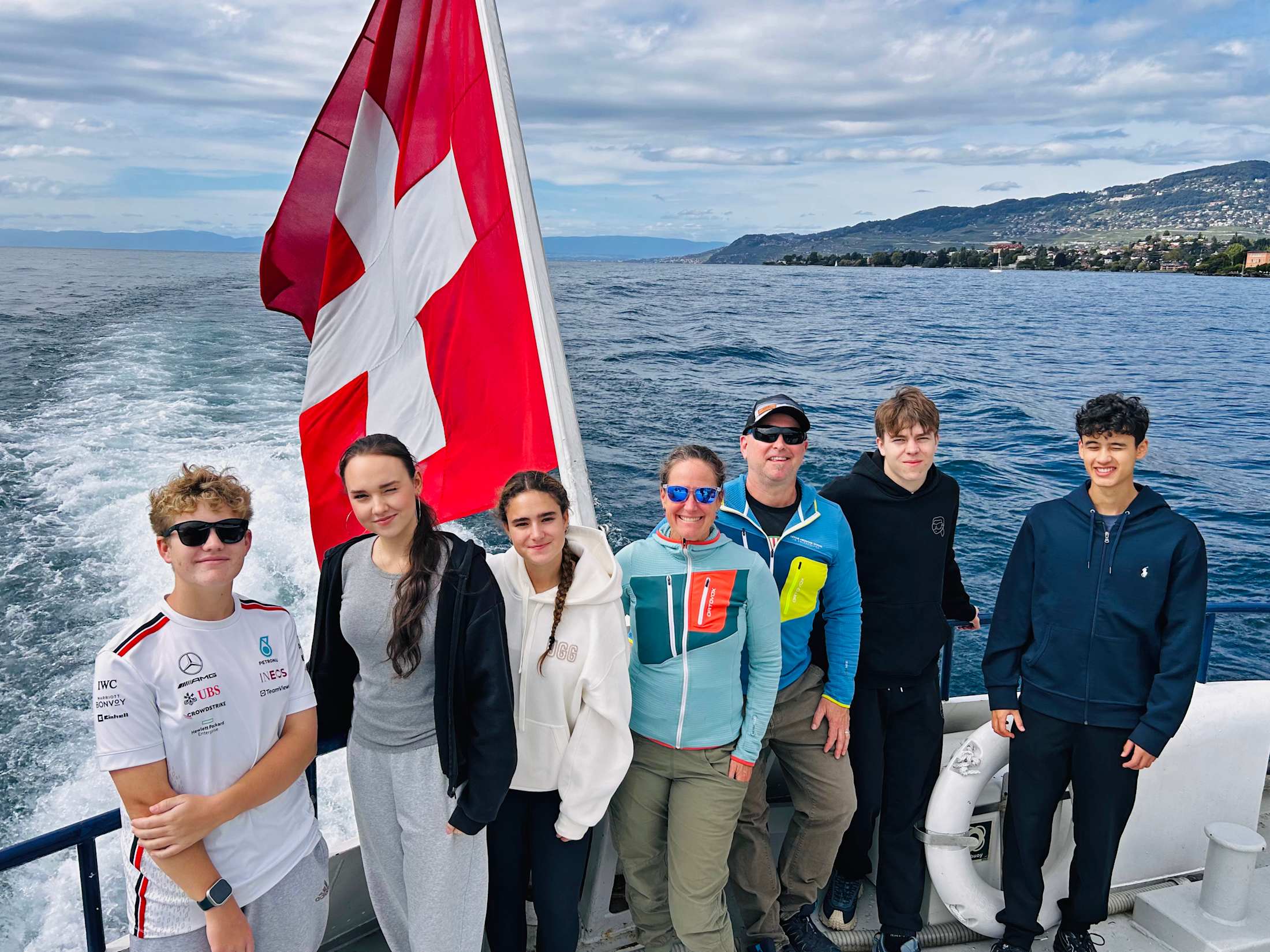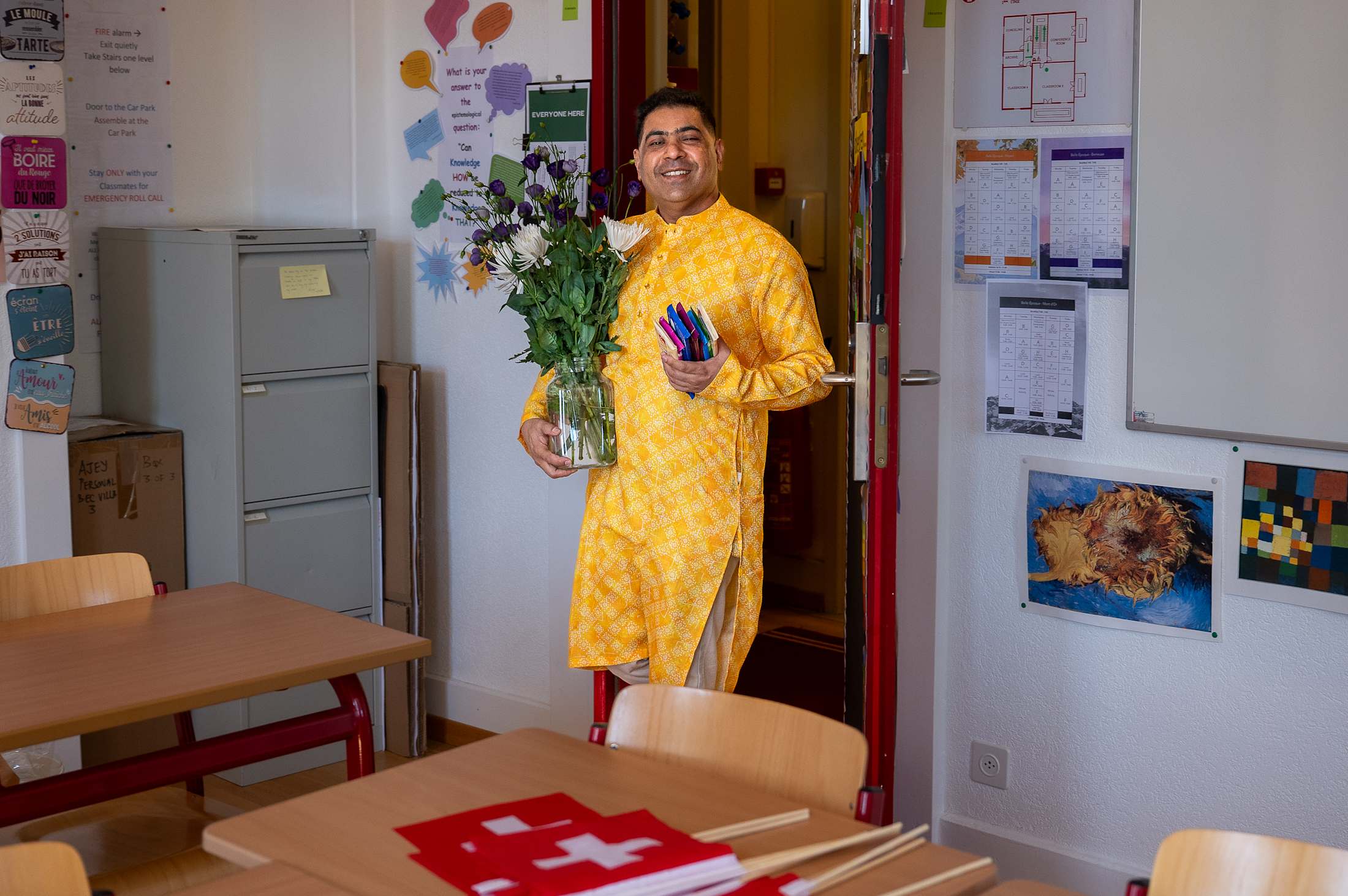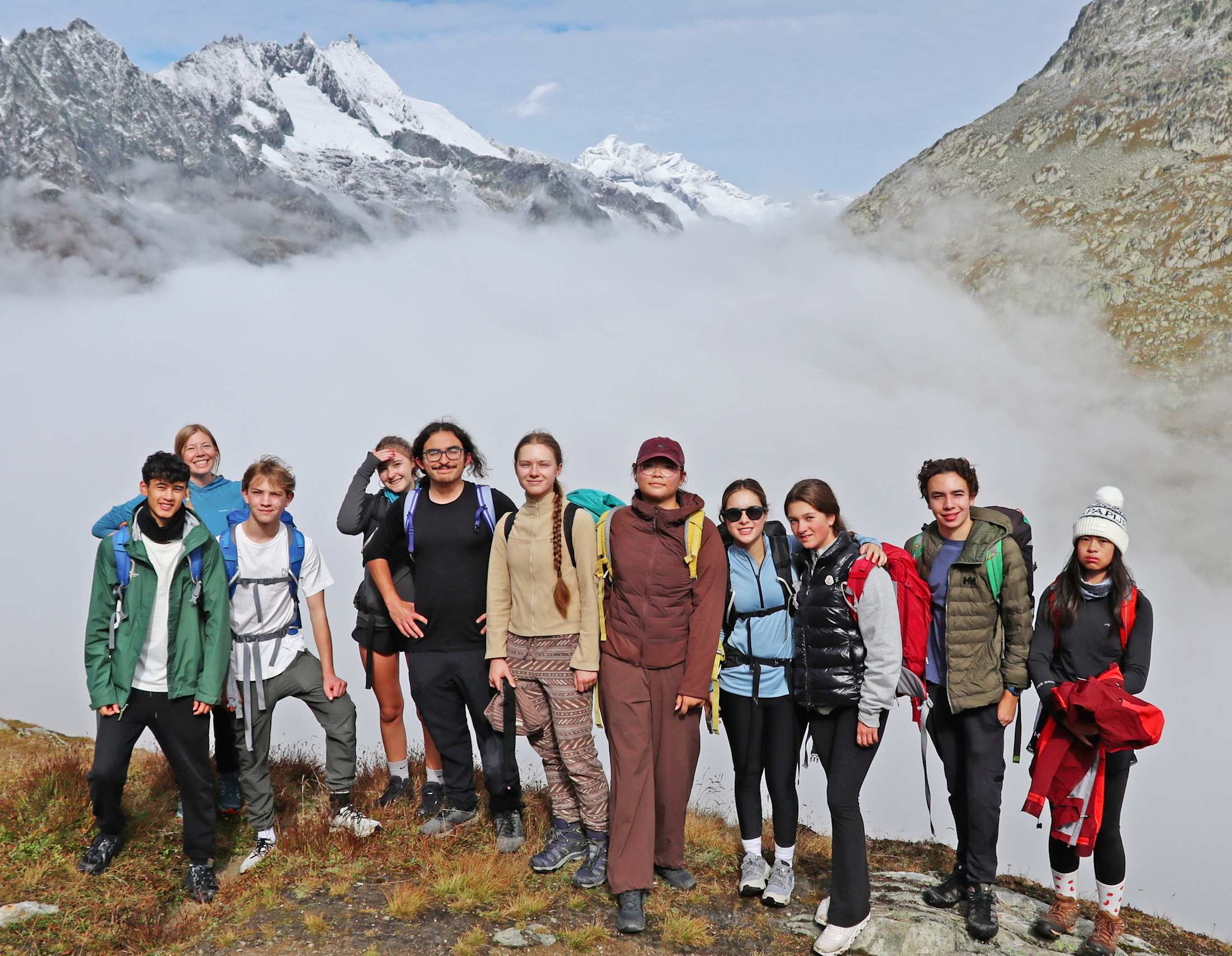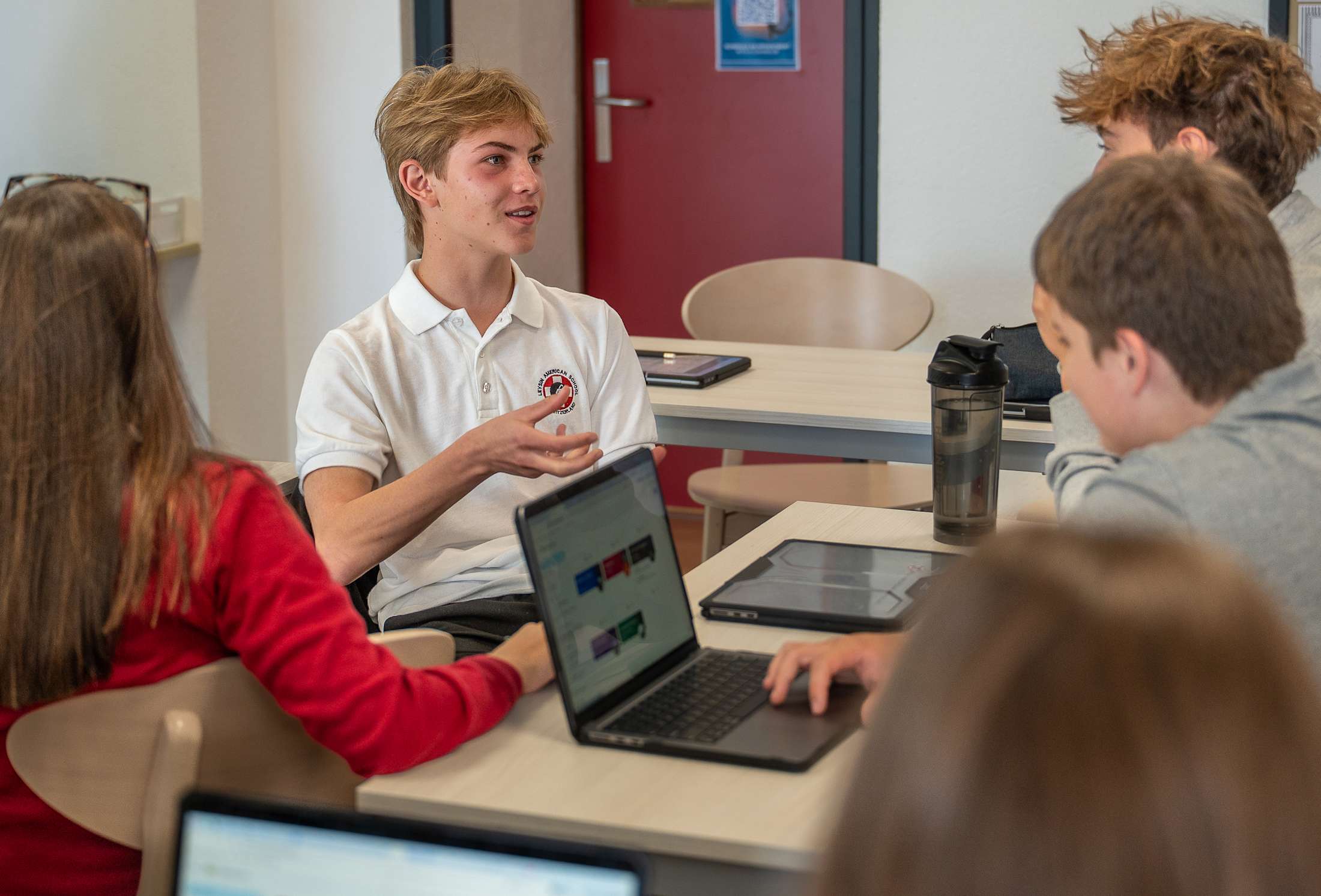Biology education transcends traditional classroom boundaries when students engage directly with living ecosystems and sustainable agricultural practices. Recently, grade 10 Pre-AP Biology students from Leysin American School embarked on an immersive field trip to Les Trois Terres Vineyard, an esteemed LAS Partner in Sustainability nestled in the picturesque hills overlooking Lake Geneva. This annual educational excursion represents a cornerstone of LAS's commitment to experiential learning, where theoretical biological concepts transform into tangible, real-world applications.
The vineyard setting provides an exceptional outdoor laboratory for exploring fundamental biological principles in action. Students observed firsthand the intricate relationships between plant physiology, soil chemistry, and environmental factors that influence grape cultivation. The terroir—the complete natural environment in which the grapes are grown—became a living textbook, illustrating concepts of plant biology, photosynthesis, nutrient cycles, and ecosystem dynamics that students had previously encountered only in theoretical contexts.
Sustainability practices at Les Trois Terres Vineyard offered valuable insights into modern agricultural approaches that balance productivity with environmental stewardship. Students examined how the vineyard implements organic farming methods, water conservation techniques, and biodiversity preservation strategies. These observations connected directly to curriculum topics including conservation biology, sustainable resource management, and the ecological impacts of human activities on natural systems.
The partnership between LAS and Les Trois Terres Vineyard exemplifies how educational institutions can collaborate with local industries to create meaningful learning opportunities. This relationship extends beyond a simple field trip, representing an ongoing commitment to community engagement and environmental education. The vineyard's dedication to sustainable viticulture aligns perfectly with LAS's educational philosophy of developing environmentally conscious global citizens.
Students engaged in hands-on activities that reinforced their understanding of biological processes while contributing to the vineyard's operations. The timing of the visit during harvest season provided unique opportunities to observe plant reproductive cycles, fruit development, and the biological factors that determine optimal harvest conditions. These practical experiences deepened students' appreciation for the complexity of agricultural systems and the biological knowledge required for successful cultivation.
The grape harvest component of the field trip transformed abstract biological concepts into tangible skills and understanding. Students actively participated in the harvesting process, learning to identify grape varieties based on morphological characteristics and understanding the biological indicators of ripeness. This hands-on experience provided practical applications for classroom lessons about plant anatomy, fruit development, and the biochemical changes that occur during maturation.
Beyond the immediate biological applications, the field trip fostered interdisciplinary connections that enriched students' overall educational experience. The geographical setting overlooking Lake Geneva offered opportunities to discuss microclimates and their effects on plant growth, while the vineyard's business operations introduced elements of agricultural economics and food science. These cross-curricular connections demonstrate how biological knowledge integrates with other disciplines in real-world contexts.
The environmental benefits of outdoor education became evident throughout the experience. Students conducted field observations of local flora and fauna, documenting biodiversity and studying ecological relationships within the vineyard ecosystem. These activities reinforced concepts of habitat conservation, species interactions, and the importance of maintaining biological diversity in agricultural landscapes. The fresh mountain air and stunning natural surroundings provided an ideal environment for scientific observation and reflection.
Assessment of student learning extended beyond traditional testing methods during this excursion. Educators from LAS observed students applying critical thinking skills to analyze vineyard practices, asking insightful questions about sustainable agriculture, and making connections between classroom theory and practical application. The field trip served as an authentic assessment opportunity, demonstrating students' ability to transfer knowledge to new contexts and solve real-world biological problems.
The success of this educational partnership between Leysin American School and Les Trois Terres Vineyard highlights the value of community collaborations in enhancing science education. Such experiences not only strengthen academic understanding but also cultivate environmental awareness and appreciation for sustainable practices. Students returned to campus with enriched perspectives on biology's relevance to daily life and career opportunities, having witnessed how scientific knowledge drives innovation in agricultural industries while promoting environmental responsibility.



